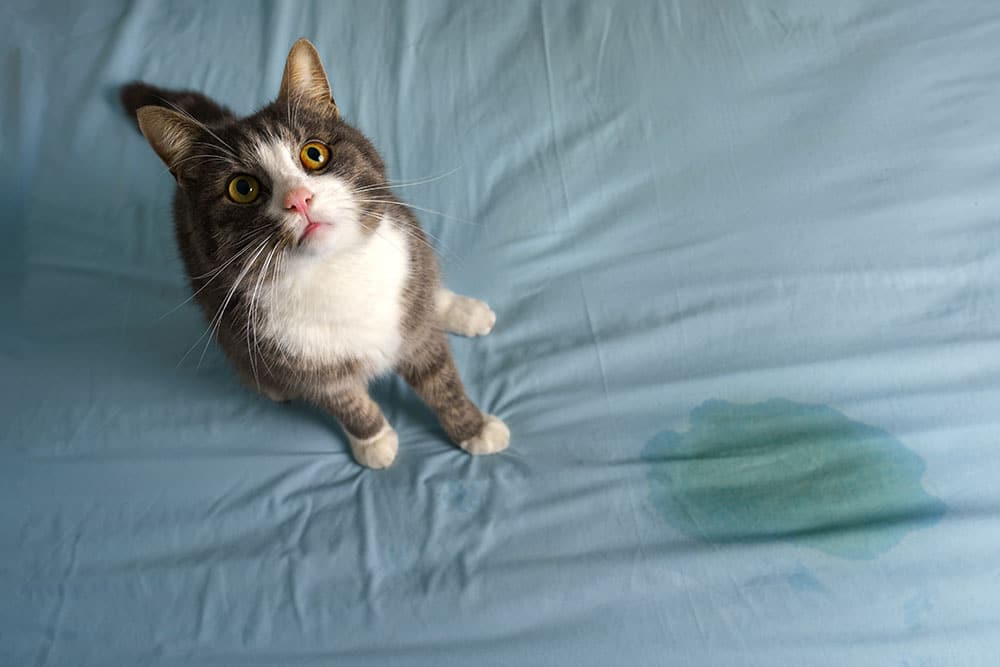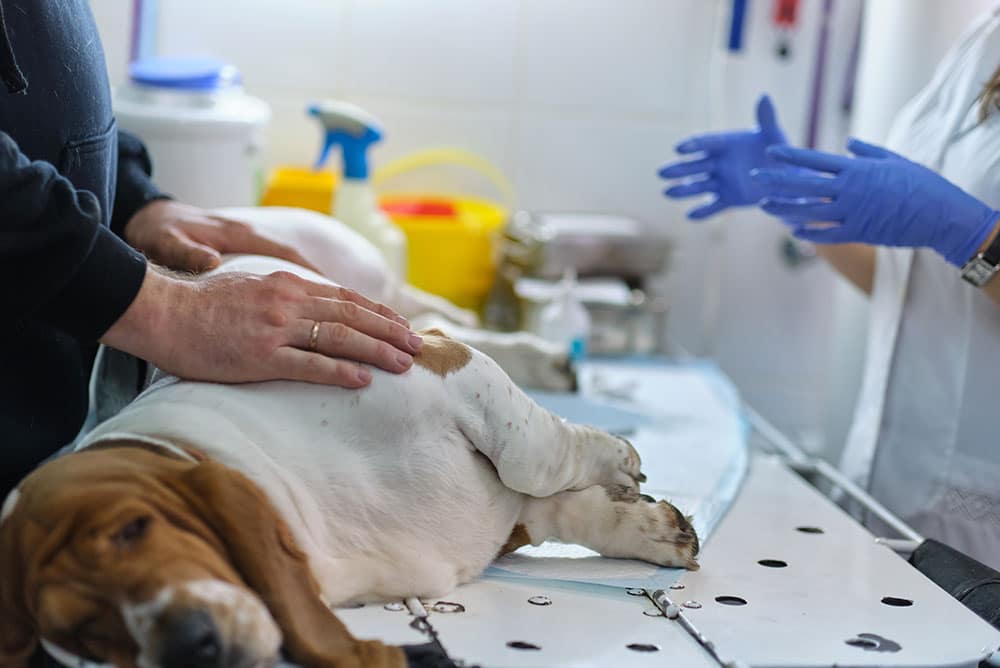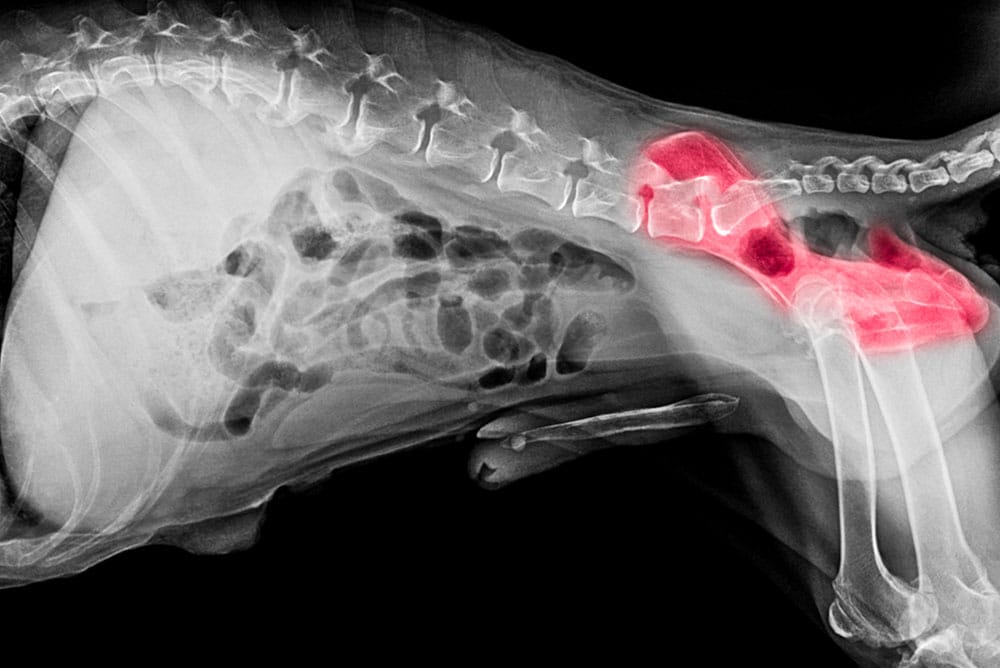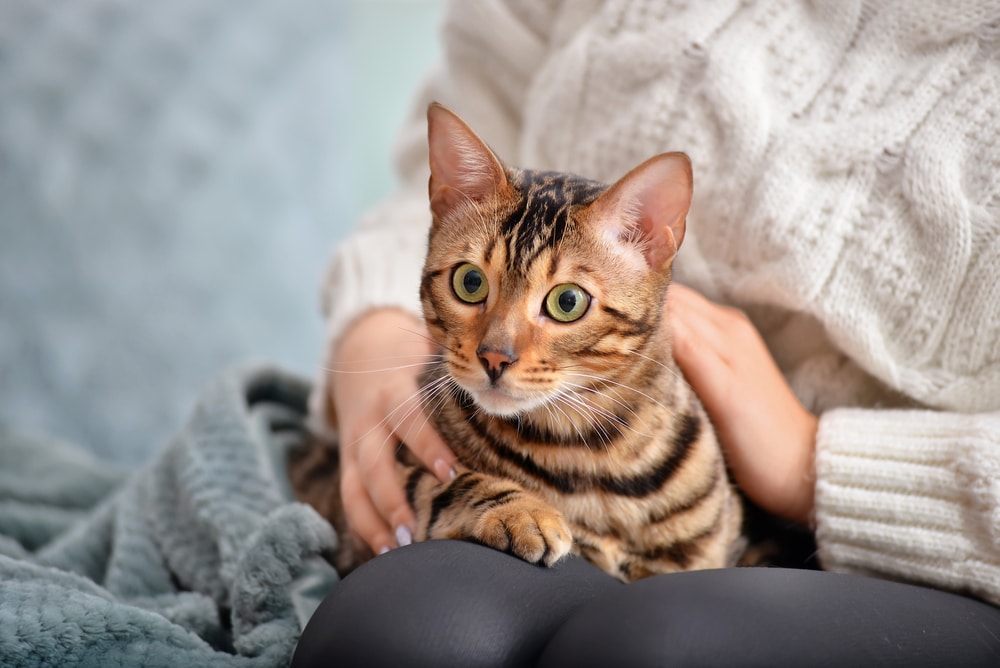Hidden Dangers: Common Pet Poisons to Avoid
Understanding Pet Poison Risks in Port Charlotte, FL Living in Port Charlotte, FL, pet owners must be aware of potential poisoning hazards in their homes, yards, and local environment. Many everyday foods, household substances, and plants can be toxic to dogs and cats, leading to severe health complications or even fatalities. At Groves Veterinary Clinic, [...]












